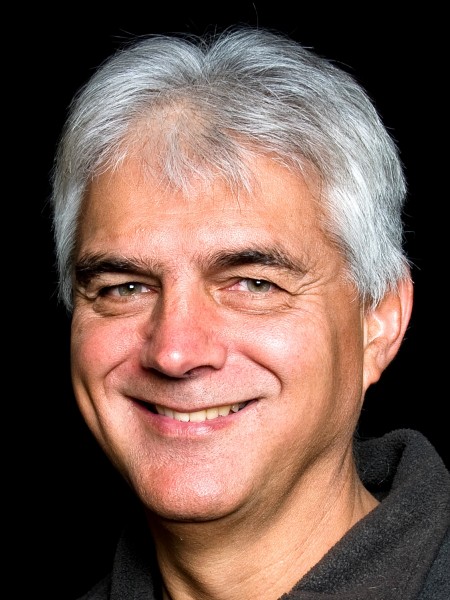
This year Guy Berger, a Rhodes Journalism Professor, has organised the World Journalism Education Congress (WJEC) with well over 350 people registered to attend. The event, running from 5 to 7 July, will be opened by Advocate Pansy Tlakula, the African Union's Special Rapporteur on Freedom of Expression, and closed by Nobel prize Laureate Archbishop Desmond Tutu.
The event coincides with the 2010 FIFA Soccer World Cup to be hosted in South Africa, which offers a common focus for journalism educators to debate carbon footprints and media mega-events, the rise of new media, changing business models and copyright issues, representations of race and gender, media globalisation, journalism and the Millenium Development Goals, and more.
The second WJEC also runs parallel to the 14th Highway Africa conference, which is the world's largest annual gathering of journalists from a continent that generally remains marginalised internationally.
Combined with this context, WJEC-2 will be a dynamic occasion for journalism educators to cross-pollinate experiences and to brainstorm ways in which to take forward the relevance of the practice around the globe.
The first-ever global gathering of journalism educators took place in Singapore in July 2007, hosted by the Asian Media Information and Communication Centre. It was organised by a coalition of organisations around the world which include journalism education among their activities.
WJEC-1 was the first comprehensive international attempt to compare a vast range of different national experiences and to find consensus on common principles. It saw the launch of a database on journalism programmes around the world, and the UNESCO model curriculum for journalism education. Delegates also worked in syndicate groups in specialist areas of interest, and collectively adopted a Declaration of Principles that stimulated worldwide debate.
In the short space of time since the first Congress, much has been happening in global media, economics, politics and environment. These radical changes make it highly opportune to take stock of how such developments impact on journalism education worldwide.
This is why the member associations of the World Journalism Education Council have supported Rhodes University's bid to host the second WJEC in South Africa in 2010. All journalism educators are encouraged to share in this experience.
